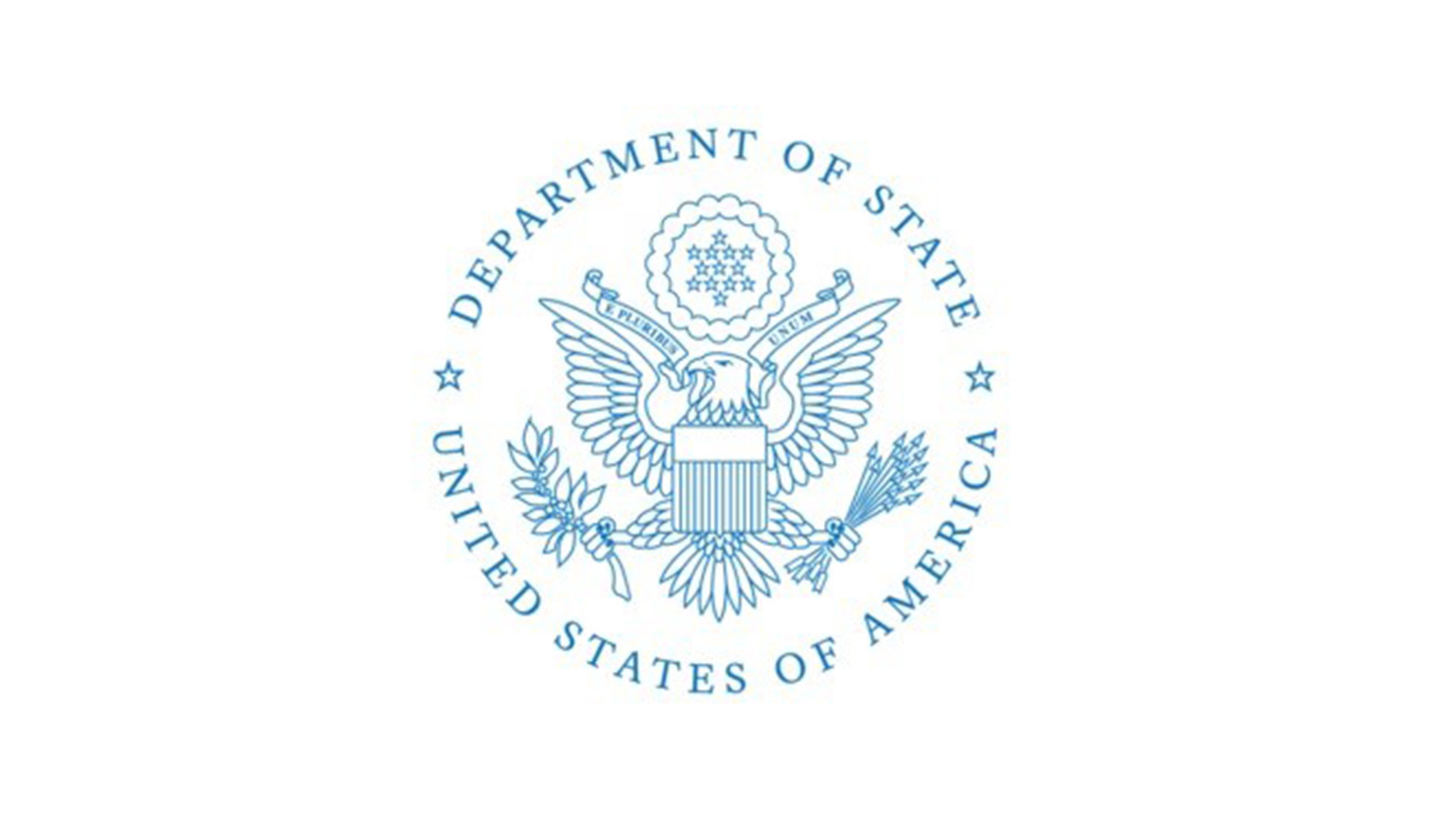US Opposes Normalization of Ties with Syria
“If a country is engaged with the Syrian regime, we have urged that the engagement be used to improve the humanitarian, human rights and security situation for Syrians and to achieve the goals of UNSCR 2254."

WASHINGTON DC, United States (Kurdistan 24) – Responding to reports of a reconciliation between Turkey and Syria, perhaps mediated by Iraq, the State Department expressed U.S. opposition.
“There have been similar reports in the past, and nothing has come of them,” Kurdistan 24 was told in an email from a State Department Spokesperson.
“We do not support normalization,” the Spokesperson continued, and “we will not normalize relations with the Assad regime absent authentic progress toward a political solution to the underlying conflict.”
“If a country is engaged with the Syrian regime, we have urged that the engagement be used to improve the humanitarian, human rights and security situation for Syrians and to achieve the goals of UNSCR 2254,” the Spokesperson concluded.
UN Security Council Resolution 2254 was approved unanimously in December 2015. It calls for negotiations to reach a political settlement to Syria’s internal conflict.
Some ten years ago, it seemed the Syrian regime might be overthrown through a popular uprising, as happened in other Arab countries, like Egypt, Libya, Sudan, and Yemen—what is collectively known as “the Arab spring.”
However, in September 2015, Russian military intervention in support of the Syrian regime began, reportedly at the urging of Iran, a close Syrian ally. Russia’s intervention turned the tide in Syria’s civil war, and President Bashar al-Assad now appears to be firmly in power.
Arab Normalization of Ties with Syria
One result has been that Arab countries have been moving to normalize their relations with Damascus.
In March 2023, Saudi Arabia and Iran re-established diplomatic ties, seven years after they had been cut off. Two months later, the Arab League voted to readmit Syria to its ranks, after suspending its membership in 2011, as the civil war began.
“Saudi Arabia had long resisted restoring relations with Assad,” Reuters reported, “but said that after its recent rapprochement with Iran—Syria’s key regional ally—that a new approach was needed with Damascus.”
Then, as now, Washington opposed reconciliation with Damascus. “We do not believe Syria merits readmission into the Arab League at this time,” a State Department Spokesperson said.
Most recently, in late January, the United Arab Emirates sent an ambassador to Damascus for the first time since 2011. Saudi Arabia did the same in May, and last week, regular flights between Damascus and Riyadh resumed, again, for the first time since 2011.
Turkish-Syrian Rapprochement?
A year ago, Turkish President Recep Tayyip Erdogan said that he was open to a meeting with Assad if that would reduce tensions. But Assad responded that the withdrawal of Turkish forces from northern Syria, where they have supported the Syrian opposition, was a necessary precondition for such a meeting. Erdogan rejected that as “unacceptable.”
Early this month, following Syrian-Turkish tensions, precipitated by assaults on, and looting of, Syrian businesses in Turkey, which were, in turn, precipitated by dubious rumors of wrongdoing by Syrians, Erdogan again proposed a meeting with Assad.
Read More: Erdogan says may invite Syria's Assad to Turkey 'at any moment'
Erdogan cited that offer at the NATO summit in Washington last week, saying that “he had assigned Turkey's foreign minister to follow up,” as the Associated Press reported, while Iraq announced it was ready to mediate.
Read More: A rapprochement between Syria and Turkey is on the table. Here's what it might mean for the region
However, events have unfolded in much the way that the State Department anticipated. Syria responded by reiterating its earlier position. As Syria’s Foreign Ministry affirmed, any meeting between Erdogan and Assad was contingent on a Turkish withdrawal from Syria.
Read More: Syria says restoring ties with Ankara depends on Turkish troop withdrawal
There has been no public response from Turkey. Still it seems unlikely that the two parties can reach agreement on the conditions for holding a summit meeting, as their positions, so far, have been very far apart.